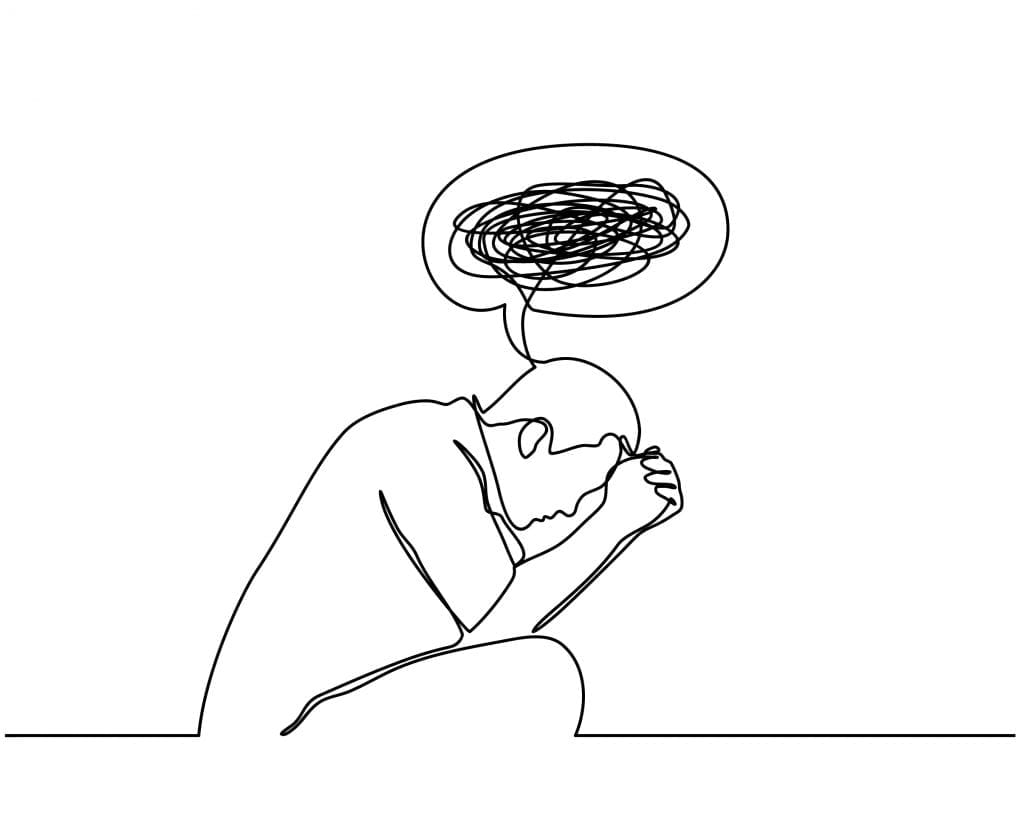According to research from MHFA Australia, common mental health problems in Australia are now classed as the third largest disease burden behind cardiovascular disease and cancer. Out of the thousands of individuals aged 16-85 who suicide each year, approximately 75% of that cohort are men. So, what can we do to turn this around?
You would have seen campaigns in the community such as ‘it’s not weak to speak’ and ‘mates helping mates’, encouraging men in our community to seek support and have a conversation with someone they trust if they are not okay, but what can we do to support and encourage them as their peers, friends, colleagues and loved ones? How do we create awareness within ourselves and the community and educate individuals on the signs and symptoms that someone may be at risk?
MHFA Australia utilises expert consensus and research from carers, professionals and those with lived experience of mental health problems to bring us the invaluable Standard Mental Health First Aid Training (SMHFA); teaching workplaces and the community how to recognise the signs and symptoms of common mental health problems such as:
- Depression
- Anxiety
- Psychosis
- Substance Use
The SMHFA course also covers mental crises such as:
- Suicidal thoughts and behaviours
- Non-suicidal self-injury
- Panic attacks
- Traumatic events
- Severe psychotic states
- Severe effects from alcohol or other drugs
- Aggressive behaviours
The SMHFA course can be completed over two days, face to face and whilst it not a therapy or support group, it will give each participant an important skill set to walk away with to recognize the warning signs and support someone they know, care about and/or work with.
With mental health problems being so prevalent in our community, and learning that 50% of people experience their first mental health episode by the age of 18, it is time to fight the stigma and encourage open and direct conversation to break down those barriers. As a community, let’s work together to change the notion that “she’ll be right” and they “just need to toughen up”, remembering that a conversation can change a life and make a difference to someone who may be struggling or unsure of where to seek support.
To find out more about completing Mental Health First Aid Training, check out our short course page, read our blog, or contact our accredited Mental Health First Aid Instructor about delivering private courses to your sporting team, school and/or workforce.
And to all of our grandfathers, fathers, uncles, brothers, cousins, mates and colleagues, we see you, we support you and we encourage you to reach out and seek support if you may be struggling. There is hope in solidarity and it is not weak to raise that hand and seek support when you need it.
Mental Health First Aid training is completed with an accredited MHFA Australia Instructor. To be ‘accredited’ means a MHFA course participant is accredited against the MHFA Australia guidelines. For more information about this training, please visit mhfa.com.au
By: Emma Meldrum – Accredited MHFA Instructor

